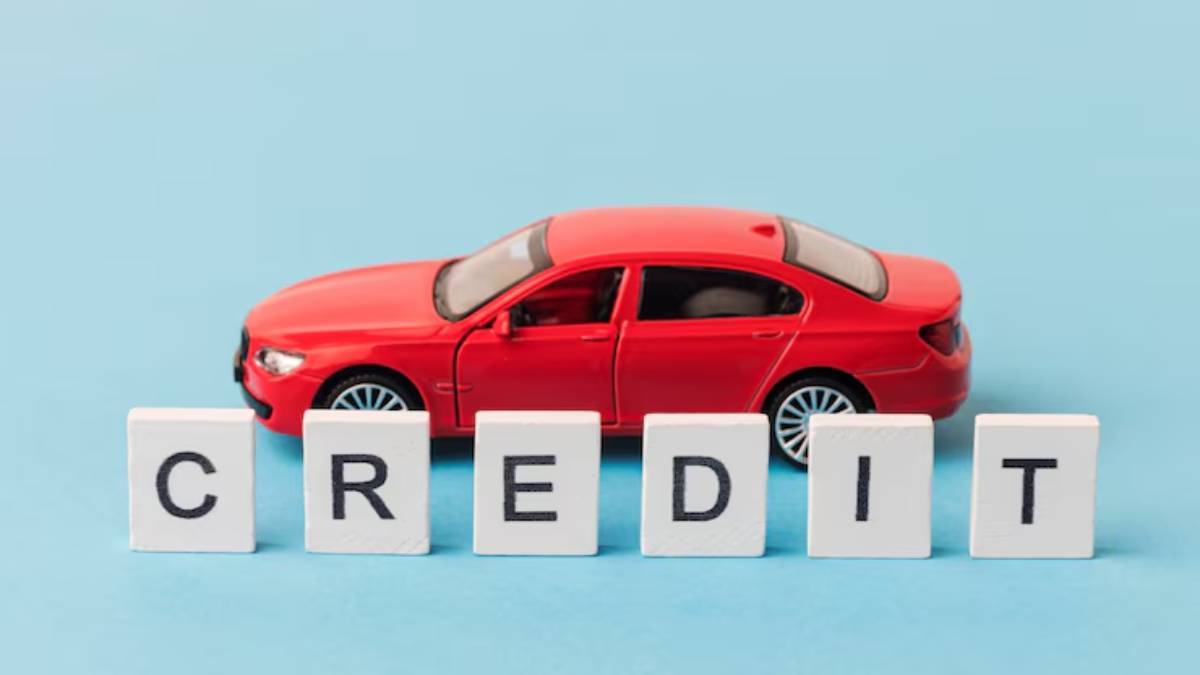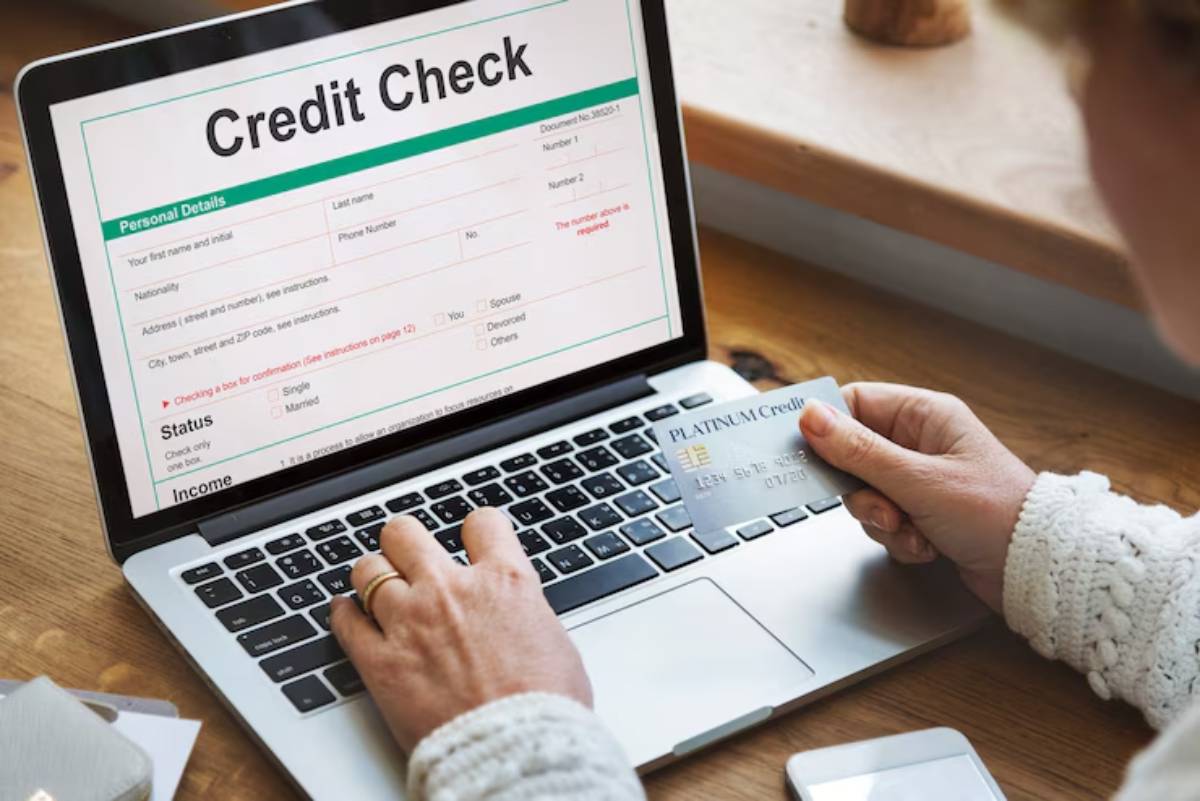
Educational Resources for Credit Improvement
A good credit score opens doors. It can help you get a loan, rent a flat, or save money on interest. But many people don’t know where to begin. That’s where credit education comes in.
The more you know about credit, the more confident you’ll feel. With the right learning resources, you can understand how credit works, how to fix mistakes, and how to build a strong financial future.
In this guide, you’ll find the best tools, tips, and websites to grow your financial literacy — and take charge of your credit.
Why Credit Education Matters

Credit isn’t something we’re always taught in school. But it affects so many parts of life.
With good credit, you can:
- Qualify for better loan rates
- Save money on interest
- Get approved for rentals or services
- Be more financially independent
With poor credit, you may face higher costs or fewer options.
What Is Financial Literacy?
Financial literacy means understanding how money works — including credit, loans, savings, and budgets. When you’re financially literate, you can:
- Read a credit report
- Understand your credit score
- Avoid high-interest debt
- Make smart borrowing decisions
You don’t need to be an expert. But knowing the basics helps you avoid mistakes — and feel more in control.
What Topics Should You Learn About?
Here are some key credit topics to focus on:
1. How Credit Scores Work
What affects your score? How is it calculated? What is a “good” score?
2. Reading a Credit Report
What’s on your report? How do you check it? What should you look for?
3. Managing Debt
How much debt is too much? How do you pay it down?
4. Credit Cards and Loans
How do they work? What terms should you look for?
5. Improving Credit
How do you raise your score? How long does it take?
Top Learning Resources for Credit Education
Whether you prefer videos, apps, podcasts, or articles, there’s something for everyone. Here are the best places to start.
1. MoneyHelper (UK)
Best for: Clear, trustworthy advice on credit and money management
- What it offers: Free tools, articles, and calculators
- Topics: Budgeting, credit reports, debt help, borrowing guides
- Why it’s helpful: Backed by the UK government — no ads or upsells
2. Citizens Advice (UK)
Best for: Step-by-step help on credit problems
- What it offers: Free guides on debt, credit scores, and financial rights
- Topics: Credit issues, defaults, managing bills
- Why it’s helpful: Offers legal info and help if you’re struggling
3. Experian Education Hub
Best for: Learning from a major credit bureau
- What it offers: Articles, videos, and tools on credit improvement
- Topics: Credit scores, credit cards, fraud prevention
- Why it’s helpful: Get info directly from one of the UK’s main credit reference agencies
4. Credit Karma
Best for: Personalised insights and learning
- What it offers: Credit score tracker, tips, alerts, and articles
- Topics: Score basics, building credit, fixing errors
- Why it’s helpful: See your own credit info while you learn
5. ClearScore Learn
Best for: UK-based credit education for beginners
- What it offers: Weekly score updates, learning articles, and tips
- Topics: Credit cards, loans, score improvement
- Why it’s helpful: Easy to understand — great for first-time learners
6. Podcasts and YouTube Channels

Best for: Learning on the go
- The Martin Lewis Podcast: UK money expert sharing clear advice
- Meaningful Money Podcast: Covers credit, debt, and savings
- YouTube: The Money Guy Show (US-based but very insightful)
There are plenty of digital tools that complement traditional education. For instance, a helpful resource like Utilising Financial Apps to Build Credit dives deeper into how tech can support your financial journey.
Free Courses to Build Financial Literacy
Want to go deeper? These free courses can help:
OpenLearn – Managing My Money
- From: Open University
- Length: 8 hours
- Covers: Credit, budgeting, loans, savings
FutureLearn – Everyday Finance
- From: The Open University
- Length: 2 weeks (3 hours/week)
- Covers: Credit reports, borrowing, interest rates
Apps That Help You Learn and Grow
Many apps offer learning resources while helping you build credit.
Credit Sesame (US only)
Tracks your score and gives learning tips
NerdWallet
Offers guides and comparisons on credit cards and loans
Emma App (UK)
Helps you budget and understand your spending
Money Dashboard
Great for seeing where your money goes — and planning ahead
How to Use These Resources Effectively
Here’s how to make the most of your credit education journey:
1. Start with Basics
Focus on how credit scores work and how to read your credit report.
2. Set a Learning Goal
Do you want to improve your score? Fix errors? Learn budgeting? Focus your learning.
3. Choose the Right Format
Prefer reading? Use blogs or articles. Like audio? Try podcasts. Love structure? Use a course.
4. Track Progress
Write down what you learn and what actions you take — like paying off a card or checking your report.
5. Keep Going
Credit learning never stops. The more you learn, the more you save — and the more control you have.
What Makes a Great Learning Resource?
A good learning resource should be:
- Clear: Easy to understand, even if you’re new to the topic
- Reliable: Comes from trusted sources with no bias
- Up to Date: Reflects the latest rules and credit systems
- Actionable: Helps you take real steps to improve
Learn Your Way to Better Credit
Improving your credit isn’t just about money — it’s about knowledge. With the right credit education, you can build habits that last, fix mistakes, and take control of your future.
The tools are out there. From simple articles to full courses, these learning resources make it easy to grow your financial literacy, one step at a time.
Want to dive into more structured, educational content? Our blog Understanding Credit Reports is a must-read if you’re looking to decode what’s behind those credit numbers.


